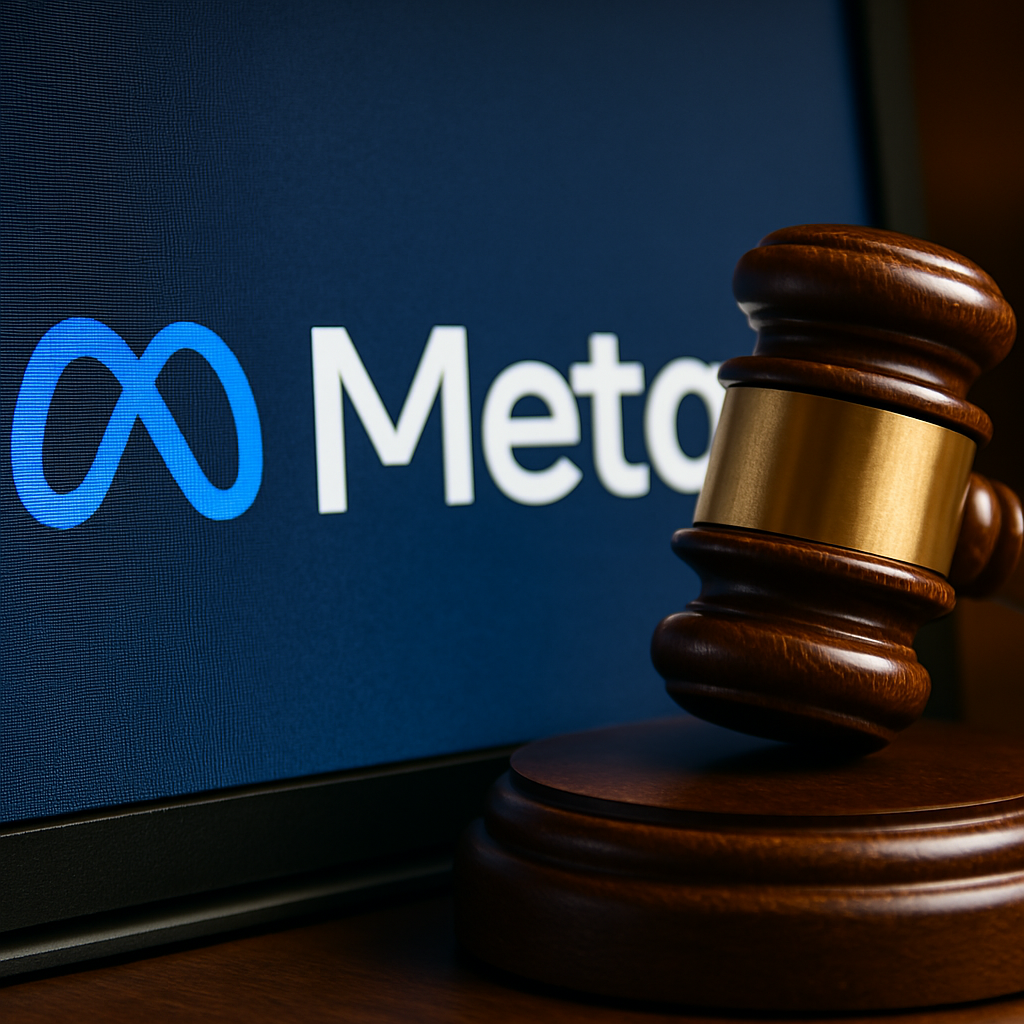Legal Challenges Facing Facebook Over Data Privacy
Facebook, now operating under its parent company Meta Platforms, continues to face mounting legal challenges across the United States related to its handling of user data, privacy breaches, and allegations of anti-competitive behavior. These lawsuits have intensified following revelations that the social media giant allegedly misled users about how their personal data was collected, stored, and shared with third parties.
In recent months, several state attorneys general and private plaintiffs have filed lawsuits claiming Facebook violated state consumer protection laws and federal privacy standards. The complaints accuse Facebook of exploiting user data to maintain its dominance in the digital advertising market while failing to properly inform users about the extent of data collection.
A key focus of the litigation involves Facebook’s use of tracking technologies, including pixels and cookies, which allegedly continue to collect data even when users are logged out of the platform or visiting unrelated websites. Plaintiffs argue that these practices constitute a breach of trust and violate wiretap laws in several jurisdictions.
In one high-profile case filed in California, a group of users claims that Facebook collected sensitive health information through embedded trackers on hospital websites. The lawsuit alleges that data was transmitted back to Meta for targeted advertising, without the users’ knowledge or consent. Facebook has denied wrongdoing, stating it has strict policies against using health data for advertising purposes.
Another major legal front involves Facebook’s historical relationship with third-party developers, notably the fallout from the Cambridge Analytica scandal. That incident, which exposed the data of nearly 87 million users, sparked federal investigations and a $5 billion settlement with the Federal Trade Commission in 2019. Plaintiffs argue that similar breaches have occurred since then due to inadequate oversight.
Meta now faces a potential class-action lawsuit that could include millions of users, and some state-level lawsuits seek injunctive relief to force Facebook to alter its data handling practices. Legal experts say these cases could set new standards for how tech companies manage personal information.
Meta has responded by rolling out new privacy tools and transparency features. The company emphasizes that it provides users with detailed controls over their data and complies with all relevant laws. However, critics argue these changes came only after public outcry and government pressure.
As litigation continues, regulators and privacy advocates are pushing for broader reforms in digital privacy laws. Many hope these lawsuits will prompt Congress to pass comprehensive federal privacy legislation.
For now, the legal spotlight remains fixed on Facebook. With billions of users worldwide and a central role in online communication, the company’s next moves could reshape the tech industry’s approach to data privacy and consumer rights.




